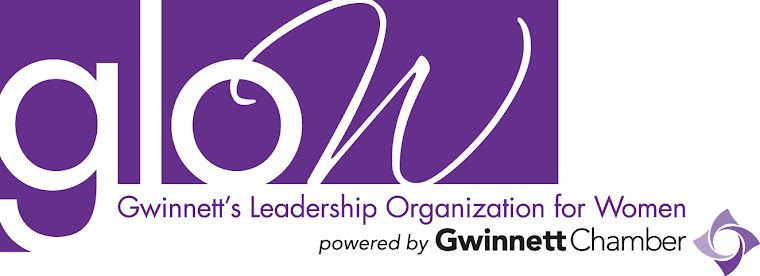So we've all made our New Year resolutions for 2010. . . or most of us have anyway. Many are personal aspirations and others careeer and business related. Did at least one resolution include updating your website?
If not, then add it to the list! Below is an article written by Deborah Crawford that I think is definitelty worth the read and follow-up. Step into the New Year in the right pair of high heels and make sure that this major marketing tool is updated and streamlined with your mission and vision for your organization.
~Nicole Wright (Niche Market Program Manager; Gwinnett Chamber)
Evaluate Your Small Business Website
Have you taken time to evaluate your website lately? Your website is a marketing tool—in some instances, it may be your only marketing tool! Just like print ads, sales kits, radio or TV ads, billboards, signs, business cards, sales letters, and so on, your website represents your business to the world. It’s a good idea to visit your site frequently and try to look through the eyes of your visitors and/or customers.
Some things to consider when evaluating your site:
First Impressions: Does your site come up quickly when you type your URL into your browser? Is your URL easy to remember and easy to spell? Does your home page download within eight seconds? People are impatient and will not wait for flashy intros and tons of graphics to download. Do you get right to the point? Can you tell immediately what this company does?
Credibility: Does your website give your company credibility? Does it look professional for your industry? A jewelry designer and an accountant would have different images for their companies, and should not use the same canned website themes. Fun, creative businesses need to demonstrate their creativity online. More serious professions should choose more sedate web designs. Nobody wants to hire an accountant whose website features dollar bills dancing along with “We’re in the Money”. It may be funny, but I don’t want my accountant to be funny.
Easy to Read: Can the average reader of your site easily read your content? Journalists have long used the 8th grade reading level as their goal when writing. Avoid jargon and acronyms that readers unfamiliar with your industry do no know--unless you are writing content explaining those terms. It’s a good idea to have someone outside your industry read the content on your website and give you feedback. Remember, white space is good—don’t try to fill up every inch of the page with words. Short paragraphs, short sentences and short articles are more likely to be read online.
Easy to Navigate: Are key links to your site easy to find, and are they consistent throughout the site? If they are on the left on the homepage, keep them on the left. Do you have too many links on the homepage? If you have over 20 links on your homepage, consider reorganizing and condensing them. Make it easy for visitors to find what they are looking for. Cut the clutter and minimize the ads.
Valuable Content: Good content is still king on the web. Educate your visitors—they are looking for information. Tell them about you, your company, your products, and your industry. Update frequently so they will return. Delete outdated information. Learn to write for the web, or hire a freelance writer with some experience in writing for the internet. Provide resources and links helpful to your readers.
Branding: Make sure your website is consistent with your offline marketing materials in color, design, impression. If you have a logo, put it on each page, along with contact information—your name, company name, phone, fax, URL, address. Make sure customers can contact you. Nobody wants to do business with an unknown entity. If you run a home-based business and do not want your home address online, rent a PO Box, or at least put your city & town there. Check that each page supports your mission and vision statements if you have them, or that it supports the image you want your company to have.
Links: Make sure you have links to relevant sites and make sure they all work. Make sure your internal links work, too. Broken links are frustrating and will lose visitors quickly. Check them often. Check your outgoing links to make sure they still work and that the sites you link to are sites you personally recommend. Exchanging links is a great idea, but make sure you don’t exchange links with businesses you wouldn’t support.
Graphics: You need graphics—just like pictures in the newspaper or in a magazine, they create interest and aid in communication. Make sure yours are small enough to load quickly. Make sure they support your message—don’t have your visitors trying to guess why you have a picture of a pig on your page.
Keeping your website current, efficient, and informative can help you grow your business and build your brand. It can help you reach people around the world! Make sure that what you have online truly represents your business to every one of them.
Deborah Crawford
BellaOnline's Small Office/Home Office Editor
www.bellaonline.com
